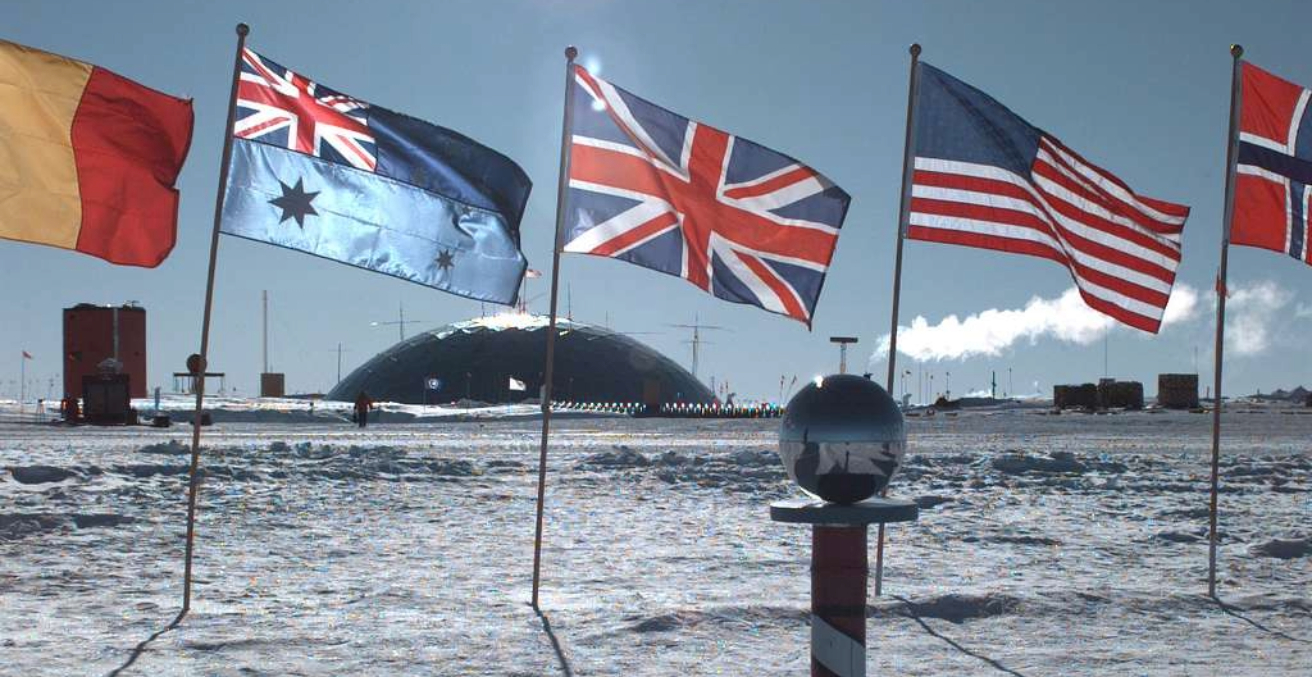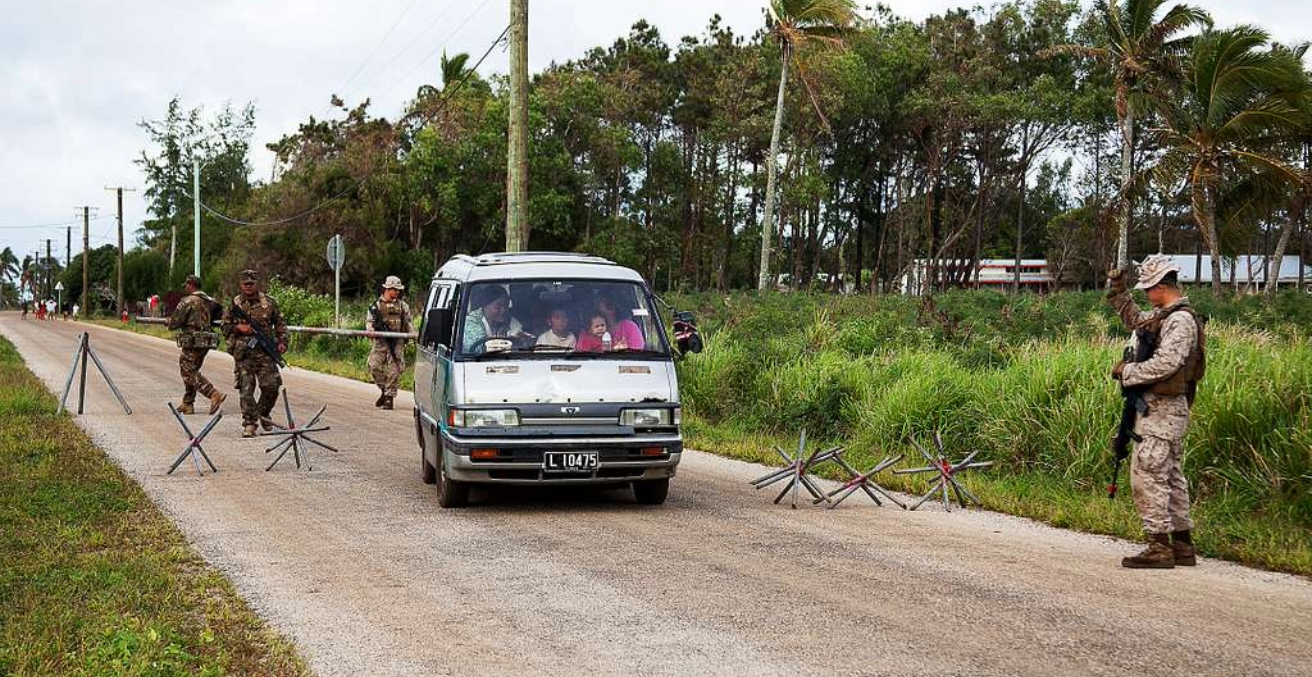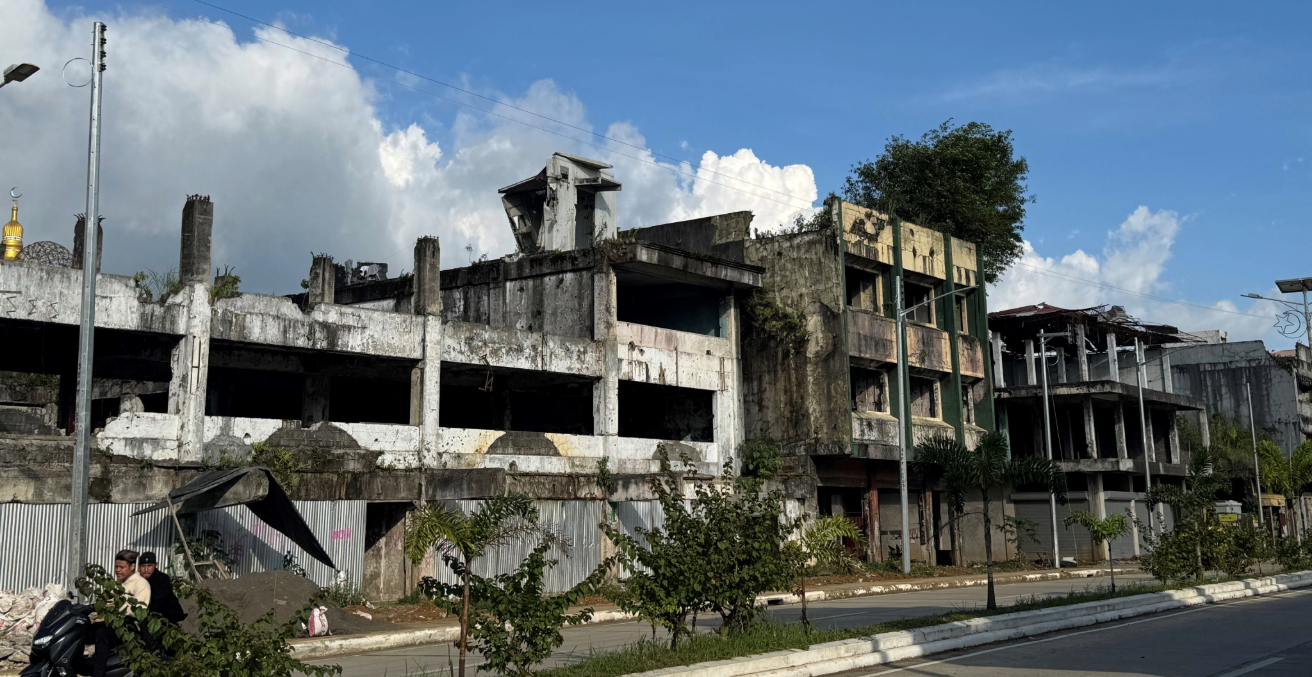This week in Australian foreign affairs: Albanese meets with President of the Czech Republic Petr Pavel; a new agreement to collaborate on research on emerging missile threat defence between Australia and Canada; Wong announces a ceasefire agreement between Israel and Hezbollah, and more.
Prime Minister Anthony Albanese met with President of the Czech Republic Petr Pavel on 27 November in Canberra. A first meeting between the leaders, and the first visit by a Czech President to Australia in 29 years, Albanese “welcomed the Czech Republic’s increased engagement with the Indo-Pacific, as well as President Pavel’s continued advocacy for European engagement in our region.” During the catch up, the two leaders “reaffirmed their steadfast support for Ukraine against Russian aggression, and reiterated this support would continue from both countries for as long as it takes.” According to the media release, “Australia and the Czech Republic are likeminded partners, our relationship is underpinned by shared values and a mutual understanding of contemporary global challenges.” President Pavel is in the country as part of a European engagement tour in the Indo-Pacific.
On 23 November, Deputy Prime Minister and Minister for Defence Richard Marles joined Minister of National Defence of Canada Bill Blair in a joint statement on a new agreement to collaborate on research on emerging missile threat defence. Under a new project arrangement, Australia and Canada will commit to collaborative research and development in support of next generation defensive solutions to defeat threats to national security. The projects will be led by Defence Research and Development Canada and the Australian Defence Science and Technology Group, and jointly examine “emerging missile threats, as well as develop detection, monitoring, targeting and counter-measure technologies.” Missile defence has been identified in Australia as a capability investment priority in the National Defence Strategy and the Integrated Investment Program. According to the media release, “Defence against hypersonic weapons has also been identified as a priority for science and technology under Canada’s NORAD Modernization plan, announced in June 2022.” The nations will each contribute up to CAD$237 million over five years toward the total project arrangement value of $474 million CAD (cash and in-kind contributions).” Both nations will “benefit from access to expertise, experience, unique facilities and cost-effective joint research trials, which will fast-track understanding of advanced missile technologies and inform next-generation defence solutions.”
Minister for Foreign Affairs Penny Wong announced a ceasefire agreement on 27 November to bring an “end to the hostilities between Israel and Hizballah.” “Australia has been a part of the international coalition pushing for a ceasefire since the escalation of the conflict in Lebanon.” The agreement is considered a critical step in alleviating human suffering and ensuring displaced communities on both sides of the Israel-Lebanon border can return home. “An end to the violence in Lebanon will also assist in de-escalating heightened tensions in the region.” As per the release, “Australia reiterates calls for an immediate ceasefire in Gaza, the unimpeded flow of aid, the protection of civilians, including humanitarian workers, and for the immediate release of all hostages.”
Also on 27 November, Wong joined Minister for International Development and the Pacific Pat Conroy and Assistant Minister for Foreign Affairs Tim Watts to announce additional humanitarian assistance to Sudan. Australia will provide an additional AUD$17 million, “bringing Australia’s total humanitarian assistance to Sudan and neighbouring countries since the outbreak of the conflict to $50 million.” The assistance package will go towards addressing the “famine and widespread humanitarian needs in Sudan, which now faces the world’s largest hunger crisis and the world’s largest displacement crisis. Over half the population in Sudan live with acute hunger, and the ongoing conflict continues to threaten civilians. For the first time globally since 2017, famine has been declared in areas of North Darfur. Over 11 million people have fled their homes since the conflict started in April 2023.”
This week Wong announced the launch of the ASEAN-Australia Centre at Parliament House in Canberra alongside Dr. Kao Kim Hourn, Secretary-General of ASEAN. The Centre will work towards deepening “engagement with Southeast Asia and will focus on further increasing business, education, cultural and community connections with Southeast Asia. Key initiatives of the ASEAN-Australia Centre will include: launching an Emerging Leaders Program to support the brightest minds from the region to build skills and connections; investing in expanding the BRIDGE school partnerships program to connect teachers and students in Australia, Southeast Asia and Timor-Leste; and developing a Young Women Entrepreneur Exchange to supercharge the business and creative ventures of Australian and Southeast Asian women.” The Centre is currently inviting applications related to creative industry exchanges and cultural initiatives that “drive two-way trade and connect our region, and practical projects that strengthen Southeast Asia literacy in Australia. Information is available on the GrantConnect website and applications are open until 10 January 2025.”
On 28 November, Wong joined Conroy and Minister for Social Services Amanda Rishworth to launch a new International Disability Equity and Rights Strategy to promote and protect the rights of people with disability in the Indo-Pacific and beyond. The Australian Government will provide “$12 million to expand access to essential assistive technology across the Indo-Pacific, including wheelchairs, hearing aids, prostheses, and communication devices. The Strategy focuses on five priorities: partnering with people with disability and the disability rights movement; eliminating discrimination and exclusion; promoting meaningful disability inclusion; supporting equity in humanitarian assistance and climate action; and strengthening evidence on effective disability equity practices.” The strategy is the first to be released by the Australian Government, and will provide the introduction of a performance target for disability equity in Australia’s international development program. “The Strategy’s release comes ahead of the United Nations International Day of People with Disability (IDPwD) marked on 3 December each year and the Strategy will be officially launched today at an event in Parliament House, Canberra to celebrate IDPwD.”
Dr Adam Bartley is the managing editor for AIIA’s Australian Outlook and weekly columnist for The Week in Australian Foreign Affairs. He is a former Fulbright Scholar and non-resident fellow at the Elliot School for International Affairs, the George Washington University. Adam also has positions as post-doctoral fellow at the Centre for Cyber Security Research and Innovation RMIT University and as program manager of the AI Trilateral Experts Group. He can be found on Twitter here.
This article is published under a Creative Commons License and may be republished with attribution.




